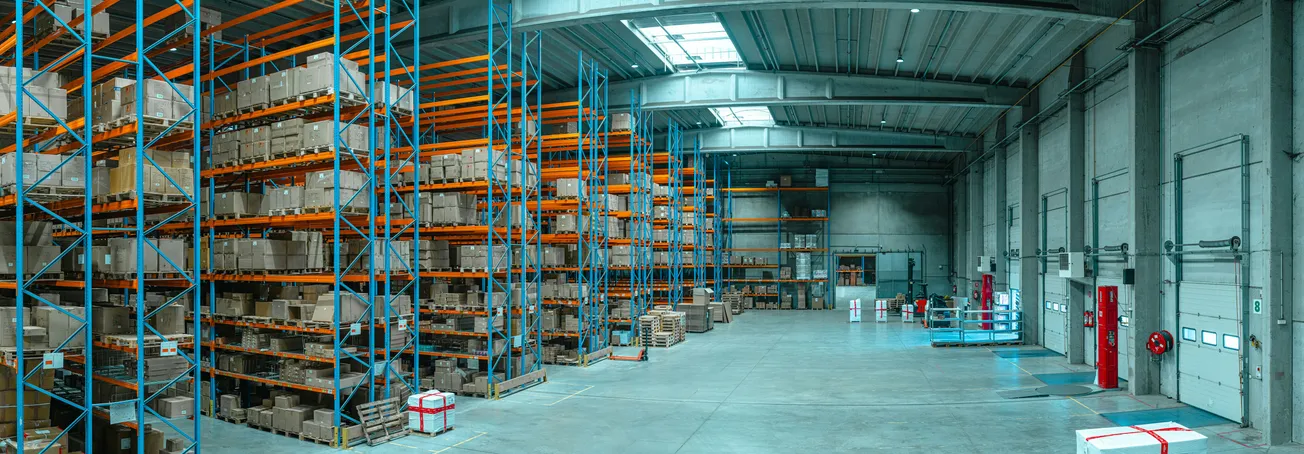In 2025, Kubernetes (K8s) has cemented its status as a foundational technology in software development, transcending its origins rooted solely in DevOps.
Once regarded as a specialty for operations teams, mastering K8s is now a critical competence for software developers across the spectrum—full-stack, back-end, and even front-end engineers. With more than 96% of organizations utilizing Kubernetes for production workloads, it’s safe to say that the barrier separating development and operational responsibilities is a relic of the past.
The Shift Toward Engineering Discipline
Today, developers need to grasp not just how to write code but also how that code operates within a containerized environment. Such insights emphasize that technical fluency in K8s is becoming synonymous with professional credibility.
Kubernetes as the Central Nervous System of Modern Applications
Why does everything seem to point back to K8s? The reason is simple: demand for applications that are scalable, resilient, and consistently available is at an all-time high.
Modern applications, from microservices architectures to serverless backends, leverage Kubernetes for superior scaling and management capabilities.
Kaz Software, a leading player in software development, exemplifies this paradigm by having developers actively engage with K8s for tasks ranging from rolling updates to configuration management. This approach not only accelerates deployment cycles but enhances reliability.
The New Norm of Developer Skillsets
As the K8s ecosystem expands, a seismic shift in skill expectations is underway.
LinkedIn Job data from Q1 2025 illustrated a dramatic 42% increase in roles that specifically mention Kubernetes, indicating that developers are now not merely expected to code but to understand the deployment and operational facets of their applications.
Employers are on the hunt for builders who can not only create robust code but can also maintain it in real-world environments.
Embedding Kubernetes Knowledge into Development Culture
At Kaz Software, employing the tenets of K8s fluency means empowering developers to approach production fearlessly.
Developers have a grasp of essential concepts—observability, readiness probes, and rolling updates—which contribute significantly to smoother user experiences and less downtime.
The pivotal realization is that successful deployment in 2025 is about building with confidence, not apprehension.
Conclusion
In a rapidly evolving tech ecosystem, Kubernetes is an indispensable element in a developer's skill set. It shapes best practices, drives efficiencies, and most critically, assures uptime for mission-critical applications.
As companies begin to prioritize developers with Kubernetes proficiency, the implications are clear: investing in K8s knowledge is not just about keeping pace; it’s about leading in a competitive market.
For further insights into Kubernetes adoption trends and best practices, explore the full CNCF survey results here.










